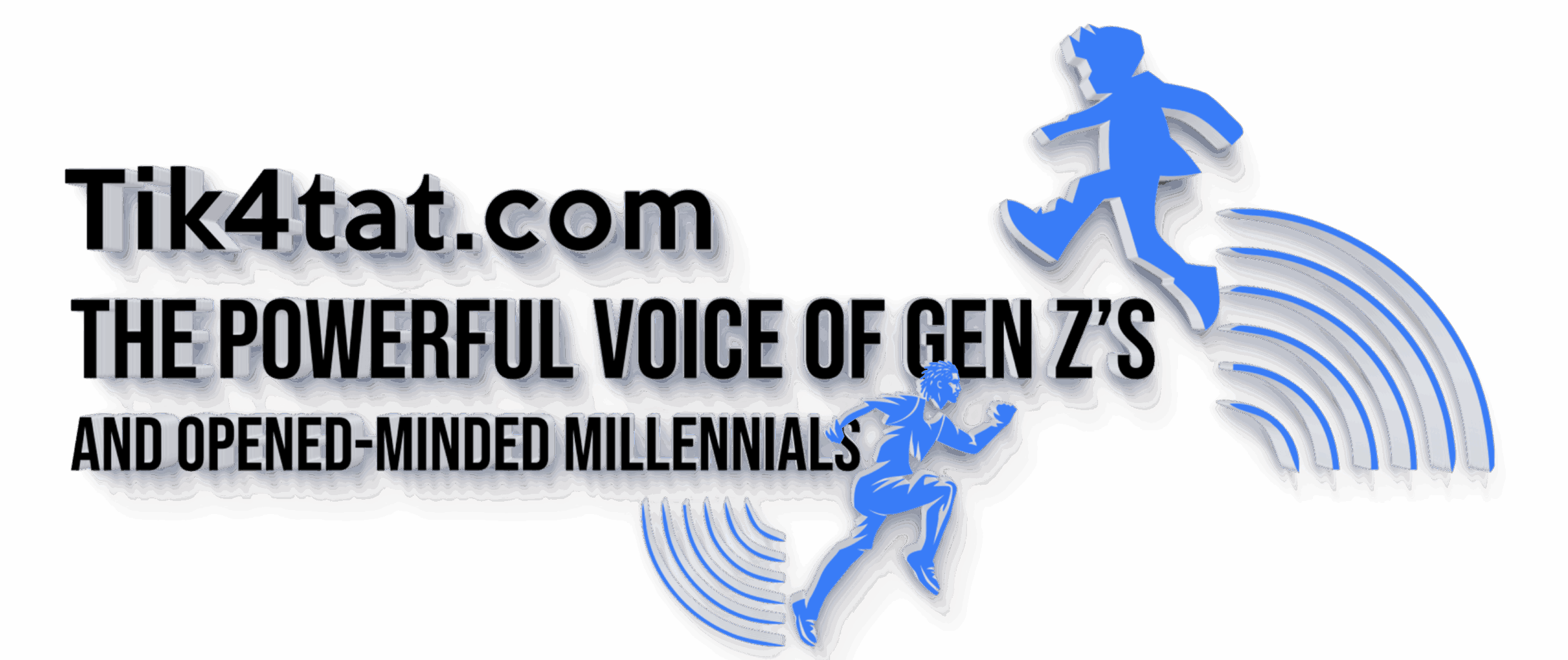Addressing the Rising Homelessness Crisis among Gen Z and Millennials

Homelessness among Gen Z and Millennials.
It’s a growing concern in the United States. According to recent estimates, approximately 1 in 10 young adults aged 18-25 experience homelessness in any given year (National Alliance to End Homelessness, 2020). This translates to around 3.5 million young adults who are homeless or unstably housed.
Gen Z, born between 1997 and 2012, is particularly vulnerable to homelessness due to factors such as poverty, family instability, and lack of affordable housing. A recent report by the National Center on Family Homelessness found that nearly 1 in 5 Gen Z youth (18%) have experienced homelessness at some point in their lives (National Center on Family Homelessness, 2020).
Millennials, born between 1981 and 1996, are also struggling with homelessness. A study by the Urban Institute found that nearly 1 in 5 Millennials (18.5%) have experienced homelessness or unstable housing situations (Urban Institute, 2020).
Homelessness among young adults can have severe consequences, including disrupted education and employment, poor mental and physical health, and increased risk of substance abuse and trafficking. Furthermore, homelessness can perpetuate cycles of poverty and limit opportunities for economic mobility.
Addressing homelessness among Gen Z and Millennials requires a multifaceted approach that includes affordable housing initiatives, education and job training programs, mental health services, and family support. Policymakers, service providers, and communities must work together to provide young adults with the resources and support they need to achieve stable housing and a brighter future.
Tik4TaT Research Team, 2024



